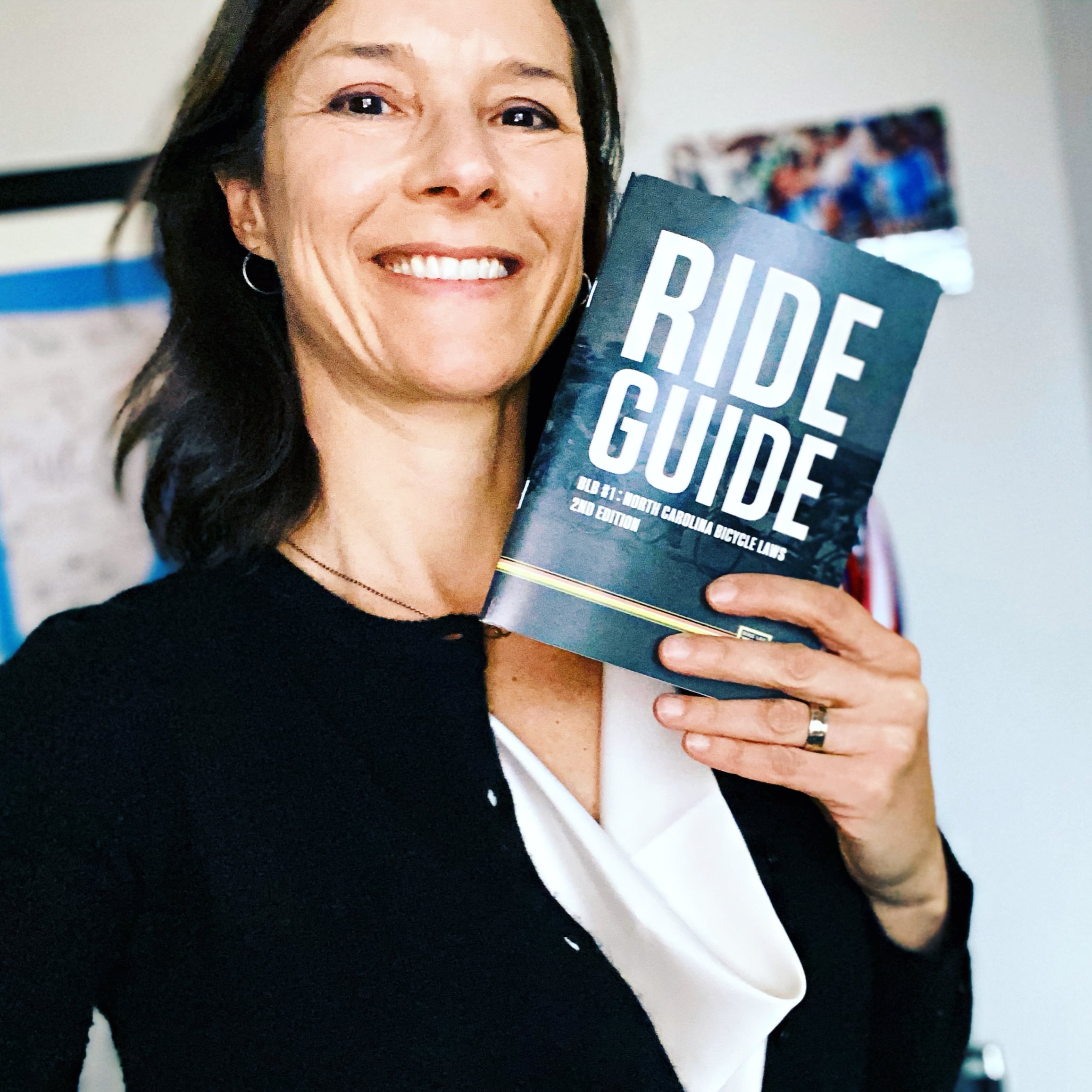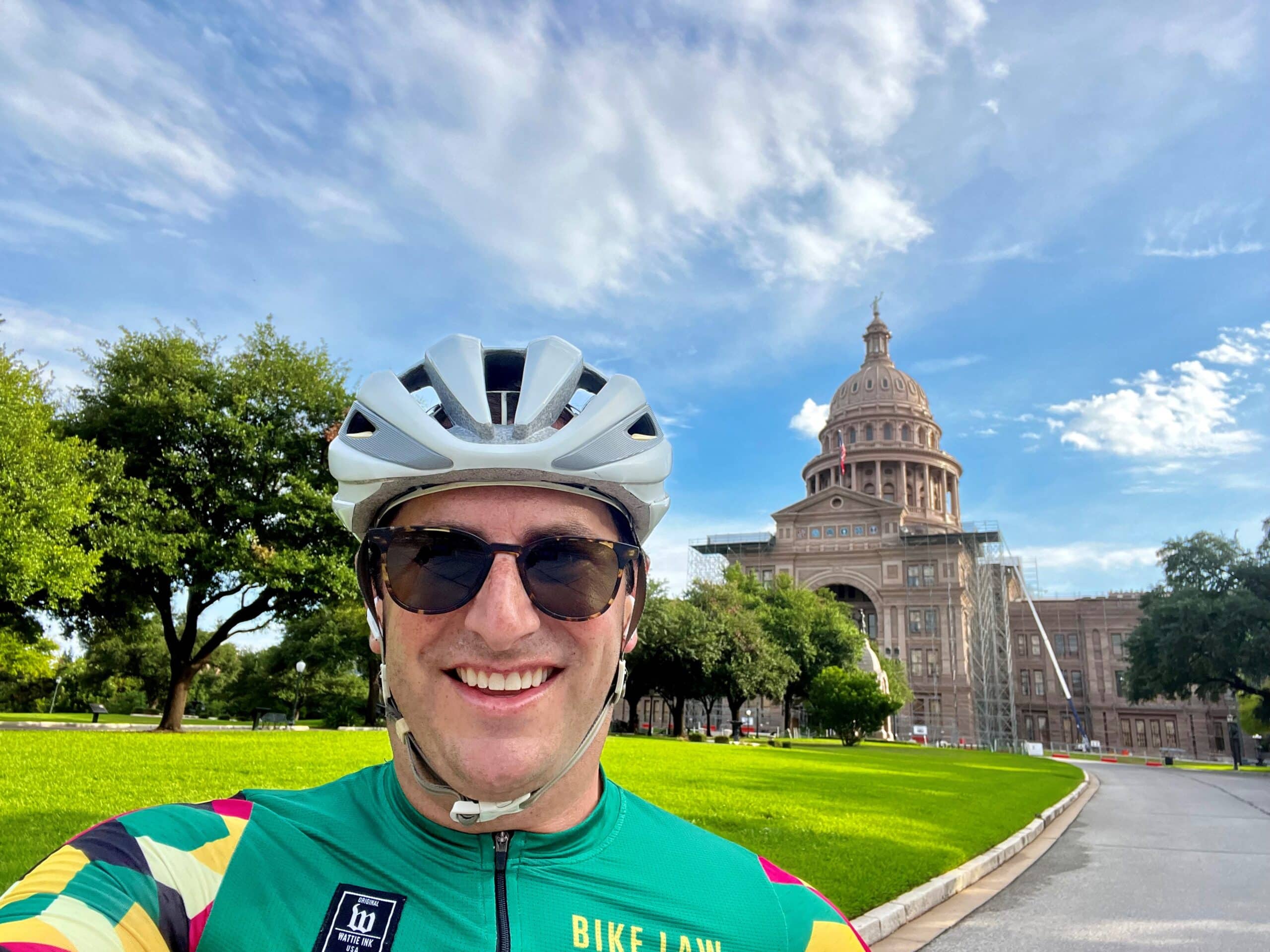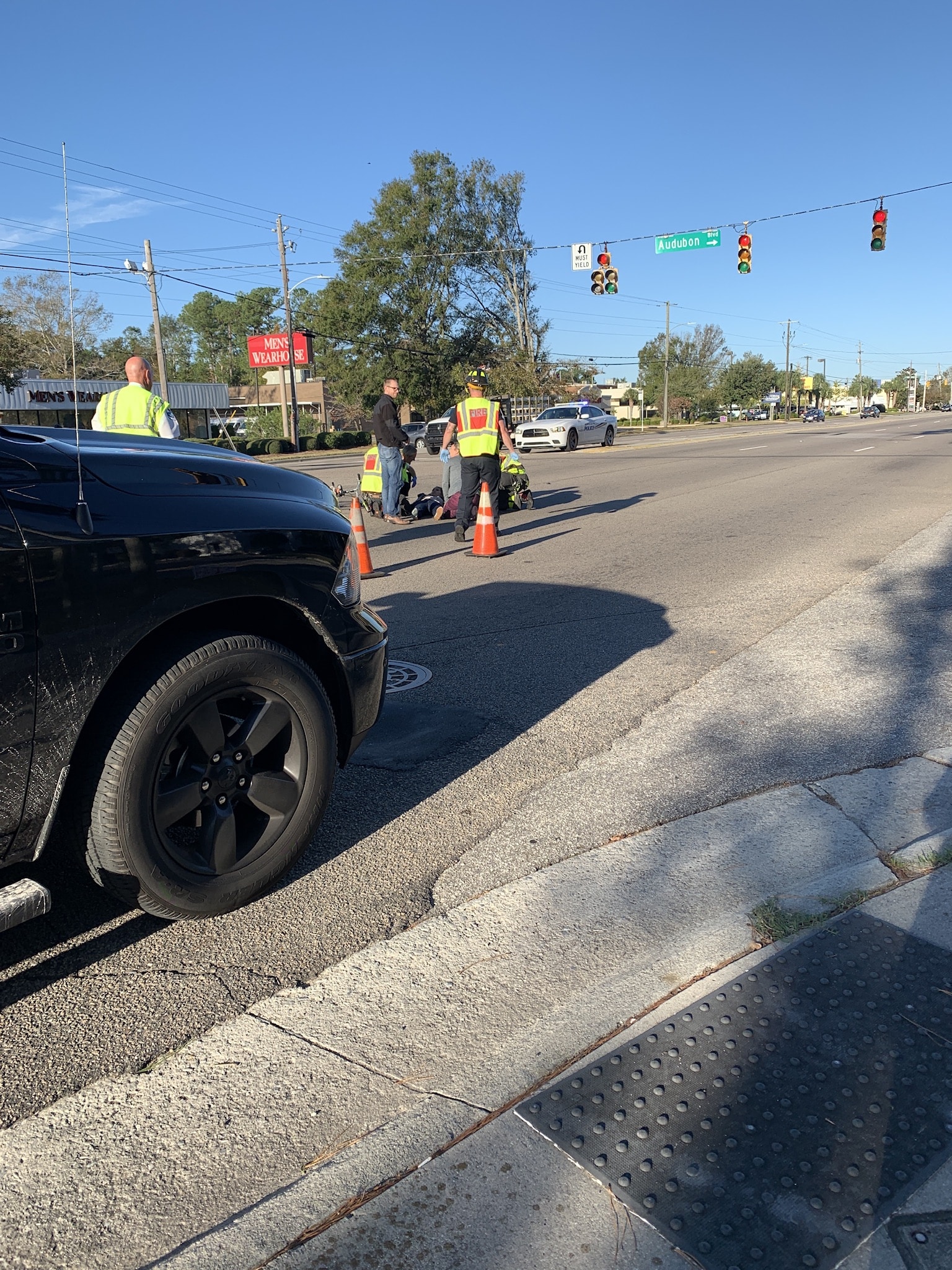Although people often use the words " " and " " interchangeably, those of us that use these words all day agree that an means something unfortunate that cannot be avoided. A , on the other hand, is the result of choices made and risks disregarded.
In our line of work, the words “bicycle crash” and “bicycle accident” come up constantly and are seemingly used interchangeably. But those typically representing the individual (as opposed to the court system, insurance system and others) are often adamant about using “crash” instead of “accident.” As advocates and lawyers representing injured cyclists, which term should we use and why?
From a strictly linguistic standpoint, crash and accident are differently defined. The Merriam-Webster Online Dictionary defines crash and accident as follows:
crash
verb ˈkrash
: to hit something hard enough to cause serious damage or destruction
: to damage (a vehicle) by causing it to hit something (emphasis added)
: to make a loud noise by falling, hitting something, etc.
ac•ci•dent
noun ˈak-sə-dənt, -ˌdent; ˈaks-dənt
: a sudden event (such as a crash) that is not planned or intended and that causes damage or injury
: an event that is not planned or intended : an event that occurs by chance
According to these definitions, all accidents are crashes, but crashes are not necessarily accidents. Earlier definitions, and common usage, make the word accident seem even more innocuous. For example, the Old English Dictionary definition of accident is: “An unfortunate event, a disaster, a mishap.” The definition of crash is: “The act, or an instance, of crashing” (and the definition of the verb “to crash” is: “to suffer damage in an accident”). The OED definition of “collision” is: “The action of colliding or forcibly striking or dashing together; violent encounter of a moving body with another.”
Although we now often use the words interchangeably, people who hear and use these words all day seem to agree that accident means something unfortunate that cannot be avoided. A crash, on the other hand, is the result of choices made and risks disregarded. The meanings and their implications are so ingrained that repeated use of the word accident often can convince jurors and others that a crash is just that — an accident — and that the at-fault driver is not really at fault because the circumstances of the crash were beyond his or her control.
More law enforcement agencies agree and now favor use of the word crash or collision. In North Carolina, the law enforcement report of a traffic incident is called a “crash report.” Understandably so; use of the word accident in the event of serious injury or death is further insult to the injured person or family of the victim who at least want the careless driver to take responsibility for his or her actions.
When I’m talking with insurance adjusters, judges, jurors and others, I always use the words crash or collision so there is no question as to what I think about fault. Unfortunately, almost every one of my clients comes to me looking for a bicycle accident attorney, not a bicycle crash attorney. I hope that will change one day and we’ll start recognizing crashes for what they almost always are – a result of careless, reckless or even intentional behavior. In the meantime, we’re still bicycle accident lawyers, or whatever you need us to be in order to help.
Thank you for letting us serve you in North Carolina, South Carolina, Maryland, Michigan, Kansas, Missouri, Colorado, Utah, Oregon, Texas, Louisiana, Mississippi, and throughout the country!

North Carolina lawyer and Bike Law founder, Ann Groninger, has advocated at the state level on behalf of bicyclists in North Carolina for over 15 years. Ann has offices in Charlotte and Durham and has helped bike accident clients in Asheville, Raleigh, Durham, Greenville, Wilmington, Fayetteville, and throughout the state. Read more about Ann on her bio page.










